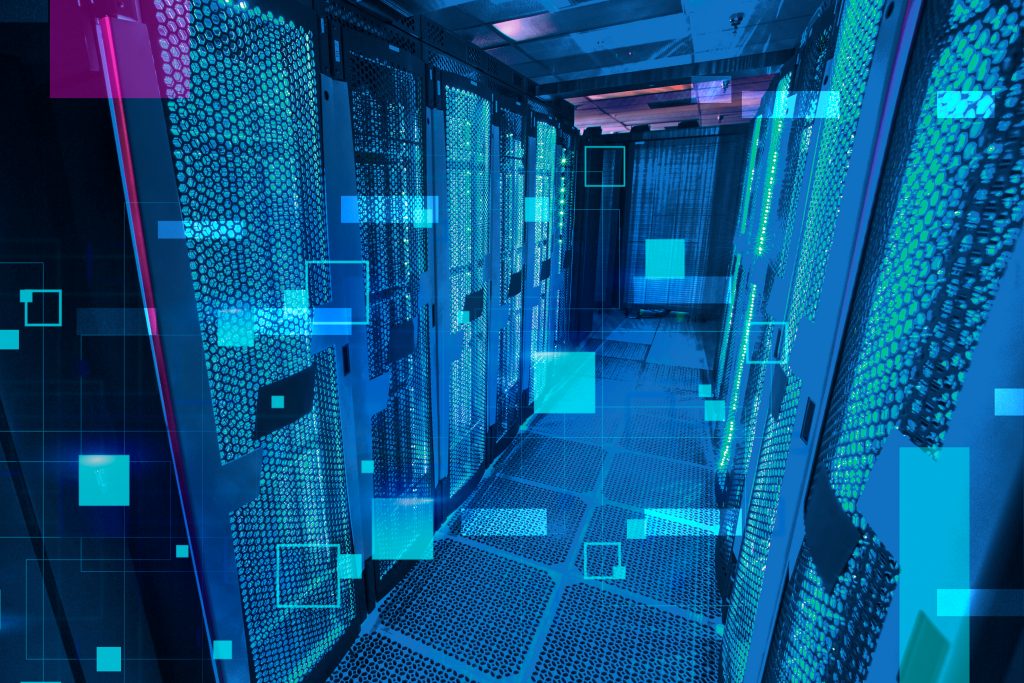The DDMS 2.0 project is one of the initiatives under the National Key Economic Areas (NKEA), Communications, Content and Infrastructure (CCI), Entry Point Projects (EPP6) eGovernment – Paperless Government: Public Sector Digital Document Management System (DDMS 2.0).
The Malaysian Administrative Modernisation and Management Planning Unit (MAMPU) in collaboration with the National Archives of Malaysia (ANM) and the Office of the Chief Government Security Officer of Malaysia (CGSO) developed DDMS 2.0 to manage digital records for its entire life cycle, which includes the process of creation and capture, storage and maintenance, use and access, as well as digital disposal.
This strategic collaboration for the development of DDMS 2.0 highlights MAMPU’s position as the leading management for the DDMS 2.0 project, encompassing system development and maintenance, infrastructure provision as well as expansion to public sector agencies.

ANM serves as a Subject Matter Expert (SME) who has developed the specifications and tested the functionality and capabilities of the DDMS 2.0 system in accordance with overall records management principles that cover the life cycle of records from creation to disposal, and ensures the characteristics of records such as authenticity, reliability, integrity and availability are maintained.
ANM also plays a role in the development of the General Business File Classification and Functional Affairs of public sector agencies as well as the Departmental Functional Records Disposal Schedule as a key prerequisite before public sector agencies implement and use the DDMS 2.0 application.
Meanwhile, CGSO acts as a Subject Matter Expert (SME) for the management of official secret records and the determination of system security features in ensuring the integrity, confidentiality, and security of official secret records.
On January 26, 2015, the Director General of MAMPU issued a letter to all Secretary Generals of the Ministry, informing them of the implementation of DDMS 2.0 in order to increase access to information, minimise the use of paper, improve the delivery system and provide more transparent government services. By June 2015, the DDMS 2.0 System was implemented in the public sector.
The DDMS 2.0 project aims to develop a records management system that manages official government records and official secrets for their entire life cycle, which includes the process of production, capture, storage, maintenance, distribution and disposal of records digitally and systematically.
Improve the efficiency of access to information and administrative transparency
Increase control over the records management of the Public Sector in a more systematic manner
Preserving the Memory of National Institutions and improving the government delivery system
Letter from the Director General of MAMPU to all Secretary Generals of the Ministry dated 26 Jan 2015: Implementation of DDMS to increase the speed of access to information, reduce the use of paper, improve the delivery system and ensure the transparency of government services.
Letter from the Senior Deputy Secretary General (TKSUK) of the Prime Minister's Department on 18 May 2016: Announcement on the Decision for Implementation of the Management of Official Secret Documents in DDMS 2.0 for RESTRICTED and CONFIDENTIAL categories.
Service Circular No. 5 of 2020 (Work from Home Policy) on 21 December 2020: Use DDMS 2.0 or its amendments from time to time to manage and share government documents efficiently and securely.
Comply with National Archives Act 2003
Comply with MS ISO 16175-1:2021 SPA No. 2/2016
MS ISO/IEC 27001:2013 ISMS Certification
Comply with the Official Secrets Act 1972 Security Directive (Review and Amendment 2017)
National Trusted Cryptography Algorithm (AKSA MySEAL)
Comply with Service Circular No. 5 of 2007
Centralised
(Cloud Computing)
24×7 Access
Multi-platform capabilities
Digital Signature Act 1997 (2022)
Cloud Computing
Cloud-Software as a Service (SaaS) MyGovCloud
Disaster Recovery Centre
Public Sector Data Centre (PDSA) Enstek City
Active Database
Real-time Data Replication (Ready Period – 2 hours)
High Availability Architecture
Ensure 24×7 system availability
Enterprise Content Management
Application – Enterprise Content Management (DoD 5015.02 Chapter 2 and 3 Certification Electronic Record Management
Monitor Minutes/Tasks effectively
Avoid information leakage
Records can be accessed more quickly and easily
Compliance with Record Management Procedure
Overcome receipt delays and lost letters
Government information repository
Effective decision-making
Anytime, Anywhere and Any device
Tel : 03-8000 8000
E-mail: ddms2.0@jdn.gov.my
Tel : 03-8000 8000
E-mel: ddms2.0@mampu.gov.my